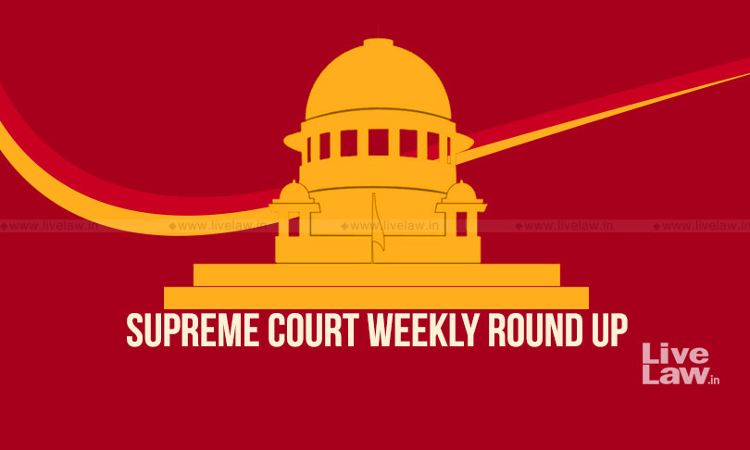- Home
- /
- Top Stories
- /
- Supreme Court Weekly Round-Up
Supreme Court Weekly Round-Up
LIVELAW NEWS NETWORK
11 Nov 2019 8:12 AM IST
[Ayodhya] : SC Allows Temple Construction In Disputed Land; Alternate Plot Of 5 Acres For Mosque [M. Siddiq V. Mahant Suresh Das] In an unanimous verdict, the Supreme Court held that the entire disputed land of 2.77 acres in Ayodhya must be handed over for the construction of Ram Mandir. At the same time, the Court held that an alternate plot of 5 acres must be allotted to the Sunni...
Next Story



